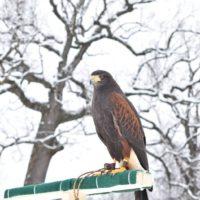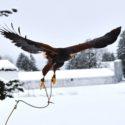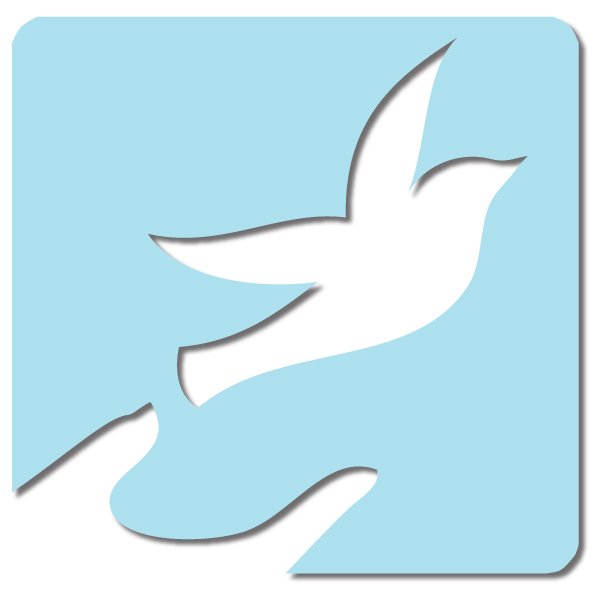This website uses cookies so that we can provide you with the best user experience possible. Cookie information is stored in your browser and performs functions such as recognising you when you return to our website and helping our team to understand which sections of the website you find most interesting and useful.
Female Harris's Hawk for Placement
- off-site education animal
- static display animal
The Cornell Raptor Program is rehoming our 11-year-old human-imprint female Harris Hawk (Kevin). She was a part of a captive breeding program and bred at the Cornell Raptor Program. Kevin is fully flighted, in good health other than a minor vision impairment, and in good feather condition. In the spring of 2023, Kevin was diagnosed with asteroid hyalosis in her left eye. The treating veterinarian reported this as most likely an age-related change mildly impacting vision. She doesn’t struggle navigating her mews but does take a little time to explore new spaces before seeming fully comfortable. She has never had bumblefoot and has received annual West Nile vaccines. Our program does off-site on-the-glove public education programs and our birds’ primary handlers are students which change over time. She can be transferred to a falconer or another education program. We expect she will thrive in a home where she has a consistent handler that routinely flies her.
Kevin is enthusiastic, responsive, and reliable when working with familiar handlers, and she is trained for a number of behaviors, including flying to a target, scale, or retrieving items. She is hood and carrier/crate trained and is regularly flown on creance. She has done well on the glove with familiar handlers but does have a history of aggression on the glove and when strangers enter her mews. Her aggression on the glove typically includes lunging forward at the handler and alarm calling. She is highly responsive outside at a much wider range of weights (930-1030g) compared to the male Harris Hawks in our program. She is lure trained and we do a lot of assorted enrichment training too, including flying through a hoop and retrieval of an orange ring from a set of six different colors. She weighs herself at the beginning of every session and she is station trained to stay on her high perch when her handler enters and exits the room (we have worked on station training with strangers entering her room with mixed success depending on the season and individual). She is comfortable being touched (for regular health checks) on and off the glove, though she does not seem to like getting her gear put on while she is on the glove (prefers you putting it on while she’s on a perch). In our program she has not done well being held on the glove (i.e. holding onto her jesses) for extended periods and will hang off the glove after one or two bates, so we have mostly avoided using restraint other than the creance. She is target trained to a high intensity laser that we have used inside and outside. All of her recent handlers have been women and though we haven’t formally tested this idea, we believe she prefers women handlers.
Please contact Meghan Jensen (mj632@cornell.edu), Program Manager, and Heather Huson (hjh3@cornell.edu), Director of the Cornell Raptor Program, for further information.




